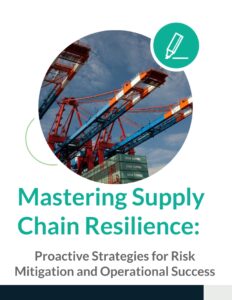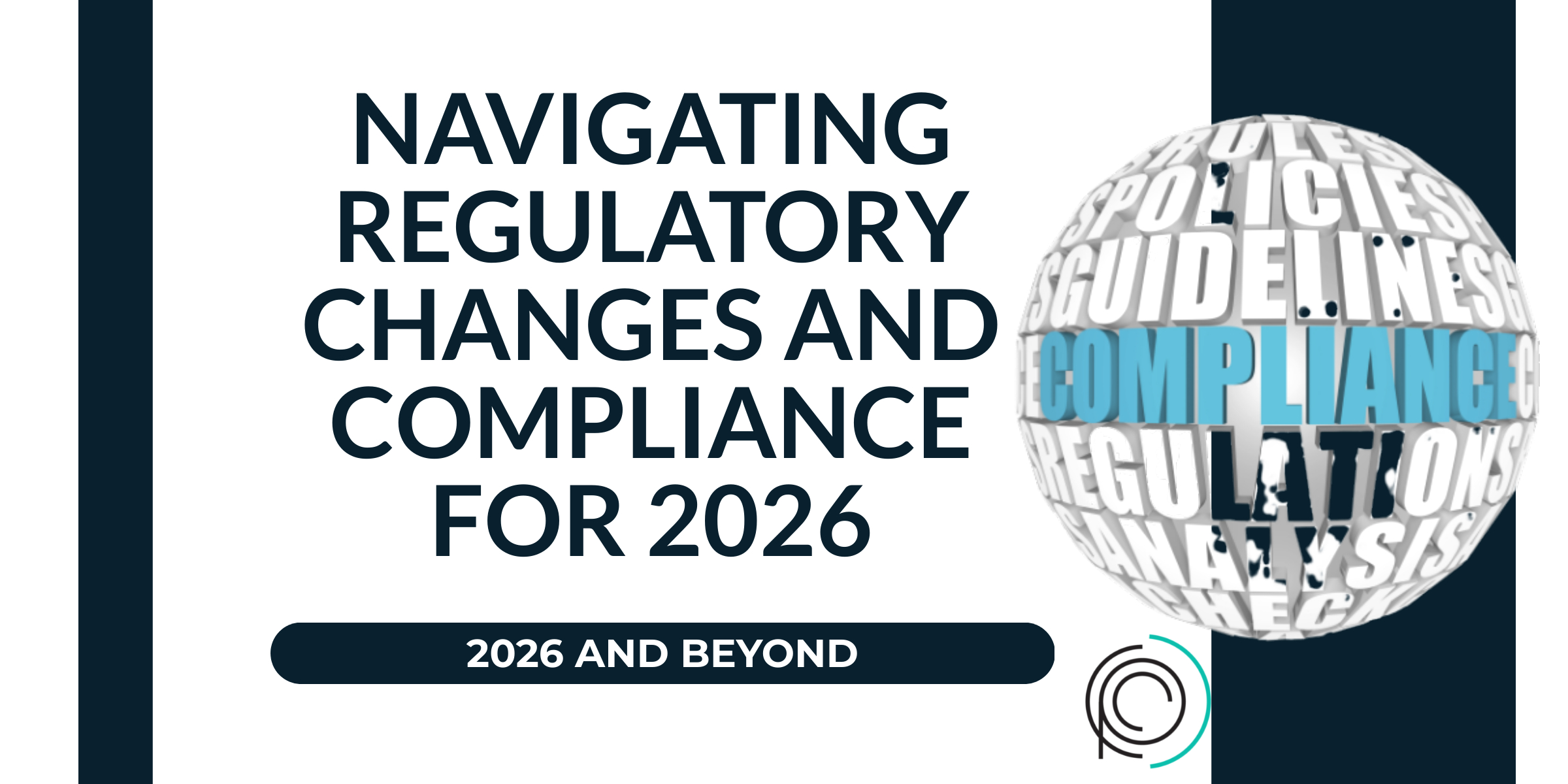Beyond Excel: Unlocking Growth by Embracing Modern Solutions for Financial Management
Microsoft introduced Excel to the public in 1985, marking the beginning of a transformative era in digital spreadsheet technology. Fast forward to the present day, where technological advancements have revolutionized software capabilities, offering a plethora of sophisticated alternatives to the traditional pixelated rows and columns. Despite these advancements, many organizations still find solace in the familiarity of spreadsheets. However, it’s important to consider the potential cost-saving benefits of transitioning to more modern solutions. By exploring alternatives and embracing innovation, businesses can optimize their operations and potentially unlock substantial financial gains.
Unfortunately, your trusted friend Excel, as reliable as it may have been, is now hindering your ability to maintain an accurate financial record and impeding the scalability of your operations. Let’s delve into the reasons behind this and explore alternative solutions that can better support your growth and efficiency.
While Excel has been a staple tool for businesses, it is not without its limitations. One of the primary drawbacks of Excel is the potential for human error. With manual data entry and calculations, there is always room for mistakes to occur which can lead to inaccurate financial records and costly errors. These errors can be difficult to detect and correct, resulting in wasted time and resources.
Moreover, Excel struggles to handle large datasets and complex formulas, causing it to slow down or crash altogether. This limitation becomes increasingly problematic as businesses grow and require more robust data management capabilities.
Excel, while a powerful standalone tool, presents challenges when it comes to collaboration and data sharing among team members. In today’s increasingly interconnected business landscape and with the rise of remote work practices, this limitation can significantly impede productivity and efficiency. As a result, decision-making processes may experience delays, and opportunities could be missed, highlighting the importance of exploring alternative solutions for seamless teamwork and information sharing within organizations.
So, what are the alternatives?
One popular option for modern businesses looking to enhance their financial management processes is to adopt cloud-based accounting software like QuickBooks or Xero. These advanced solutions provide users with the advantage of real-time data updates, automated calculations, and efficient collaboration tools. Moreover, their seamless integration with various business systems enables a smooth and interconnected flow of information throughout different departments within an organization. By leveraging these sophisticated platforms, companies can streamline their accounting operations and boost overall productivity.
Another alternative is data visualization tools like Tableau or Power BI, which allow for a more visually appealing and interactive representation of data. These tools offer advanced analytics capabilities that can help businesses gain valuable insights and make informed decisions.
The problem with spreadsheets
When measuring how well your business processes function, there are two primary indicators: Efficiency (ability to achieve an outcome with minimal time and resources) and effectiveness (ability to do something well). Spreadsheets fail on both of these grounds.
They’re ineffective because they often contain reporting errors. Yet they’re also inefficient since the results spreadsheet yield doesn’t justify the time spent creating and maintaining them — they’re not a useful tool for scaling a business or improving processes.
Let’s look at both points in further detail.
Ineffectiveness
According to some studies, as many as 88% of spreadsheets contain human errors. This might not be a big deal for individuals who use them to track their weekly budget, but it can result in significant knock-on effects for companies. Accidentally entering an extra zero in one cell can mess up a whole string of subsequent formulas, which could mess up an entire supply chain or hide the need to cut spending to prevent disaster.
In fact, JP Morgan’s significant $6 billion trading loss in 2012 was partly attributed to the discovery of errors stemming from the use of Excel spreadsheets. These errors, originating from the limitations of the software, brought to light the vulnerabilities in relying solely on traditional tools like Excel for complex financial operations, prompting a reevaluation of risk management strategies in the financial sector.
You might think the solution is simply to “be more careful,” but this isn’t easy if you have multiple people using the same Excel sheet. In such situations, misunderstandings can easily arise. For instance, one person may falsely assume their colleague has already added specific information, leading to errors or redundancies. Unfortunately, the lack of collaborative features within Excel can exacerbate these issues, making it challenging to track and communicate the latest updates effectively.
Inefficiencies
Efficiency is a key factor in optimizing processes, aiming to utilize the least input to generate the highest output. However, when it comes to spreadsheets, achieving this efficiency can be quite challenging. The intricate formulas and tools in spreadsheets present a steep learning curve for users. Even after mastering these complexities, the rewards reaped from Excel usage may not match up to the capabilities offered by more modern software solutions.
Using a tool designed for a specific purpose (like project management or accounting) means the software will have ready-made features to track and optimize metrics relevant to your goals. Plus, they can also directly connect to relevant software so you don’t have to do everything manually. All this saves time and produces results.
These days, companies often boast about the benefits of Agile methodology, emphasizing its ability to enhance productivity and adaptability in a rapidly changing business landscape. However, a common oversight is the lack of alignment between traditional spreadsheets and the core principles of Agile, hindering the seamless integration of this dynamic approach into their operations.
Spreadsheets also cause massive issues when onboarding new people. Your team might have a personal preference for the spreadsheets they’ve designed themselves and feel happy with using them, but is it worth the time and effort of training every subsequent joiner when you could simply use a more intuitive system?
What to do instead
Instead of solely relying on Excel spreadsheets, it is beneficial to invest time in training your team on effective budgeting techniques and understanding the financial health of the business. By equipping them with these skills, they will be better equipped to make informed decisions. Subsequently, consider establishing a formal accounting system using specialized software that is tailored to the company’s needs. This transition will streamline financial processes, enhance accuracy, and provide a more comprehensive overview of the business’s financial status.
The learning curve might seem steep, but more modern tools should make life easier for everyone on the team. Something as simple as QuickBooks or Xero can connect with your bank accounts and cards automatically, removing the need for someone to add every transaction manually. Plus, many platforms have features that facilitate collaboration using the cloud, highlight real-time updates, and even use AI to offer suggestions and point out potential errors.
Transitioning can appear daunting, but you need not face it alone. An alternative approach is to engage a third party to guide your team in adopting new software, reducing the risk of them sticking with Excel covertly. If your team is hesitant to transition due to familiarity with spreadsheets, consider gradually phasing out their use by limiting access or setting deadlines for the full implementation of the new system.
While Excel spreadsheets may have been useful in the past, they no longer fulfill the demands of modern businesses. To stay competitive and efficient, it is essential to embrace specialized software that is tailored to your company’s needs. With the right tools, you can streamline processes, enhance accuracy, and gain a more comprehensive understanding of your business’s financial health. Don’t let outdated tools hold you back from scaling your business or improving processes – take advantage of modern solutions to drive success and growth. So whether it’s tracking expenses, managing projects, or analyzing data, it’s time to explore new options and leave Excel spreadsheets in the past. Your business will thank you for it.
All things considered, while Excel spreadsheets may have been a staple in financial management for decades, their limitations and risks are becoming increasingly apparent in today’s fast-paced business world. It’s important to recognize when it’s time to move on from traditional tools and invest in specialized software that can better meet your company’s needs. With the right approach, training, and guidance, transitioning away from Excel can bring numerous benefits to your business and pave the way for future success.
A consultant can look at your current operations to understand how your accounting system currently works and identify areas for improvement. It may not just be a new technology you need, but also a shift-up in who does what and when.
Time to say goodbye
Breakups, although undeniably painful and emotionally challenging, often serve as a catalyst for personal growth and self-discovery. They push us to reevaluate our priorities and rediscover our individual strengths. Similarly, in the context of business operations, confronting tough decisions and letting go of outdated methods can pave the way for innovation, improved productivity, and sustainable growth within an organization. This parallel between personal resilience and professional adaptability highlights the importance of embracing change and learning from past experiences to thrive in both personal and professional realms.
When you’ve acknowledged the need for change, it’s time to take action. Let us assist you in transitioning from spreadsheets to a more efficient solution. Learn more by scheduling a consultation with us today: Book a consultation.






